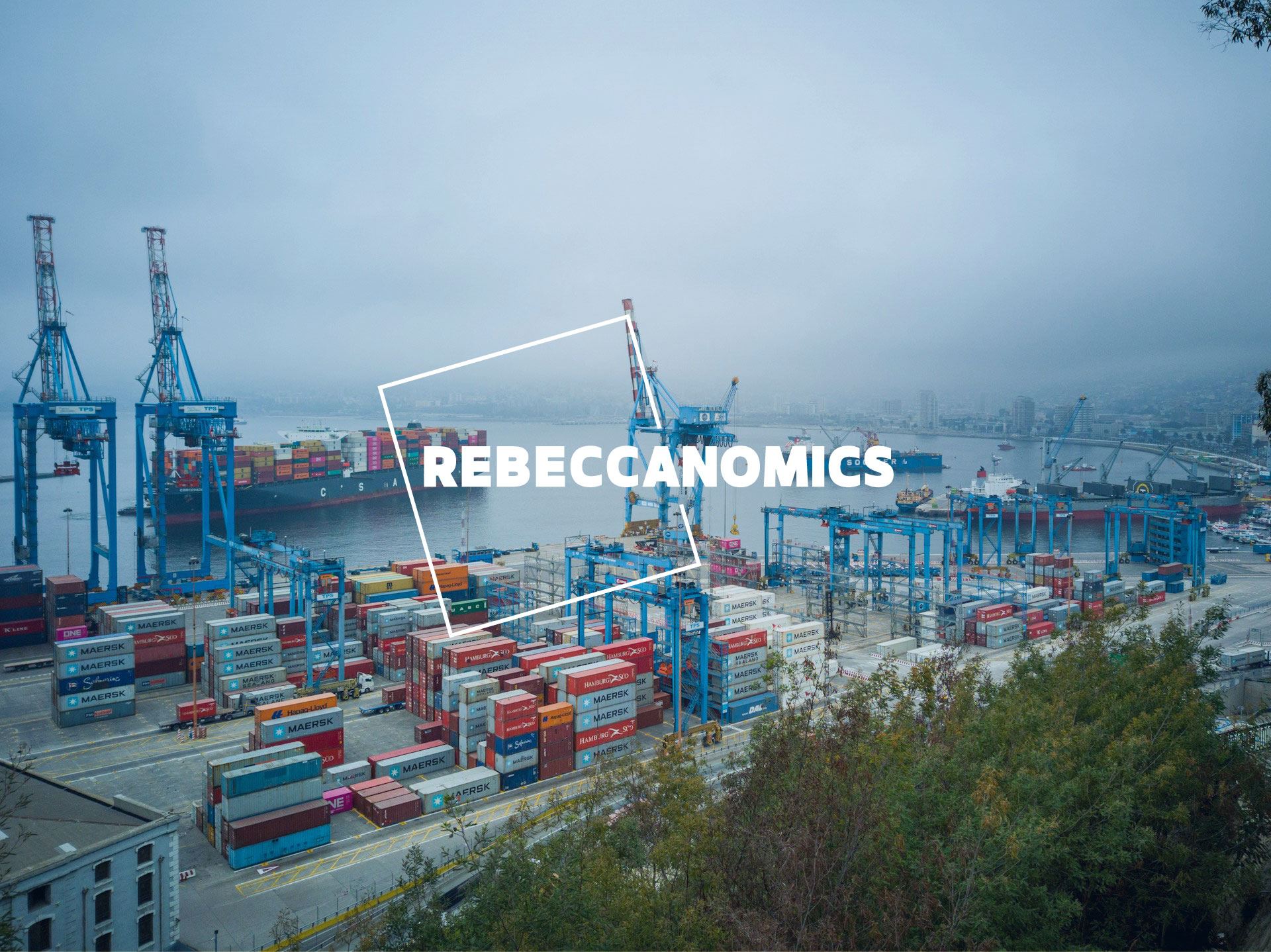
UK & DE Freight in 2024 and Beyond: A Supply Chain Logistics Case Study
Dive into the future of UK & DE freight: Adaptation, green logistics, and technological innovation shaping 2024 and beyond.

For decades, trade agreements focused heavily on reducing tariffs, quotas and other border restrictions between countries. But in today’s globalized world, that narrow approach is wholly inadequate to address pressing challenges at the intersection of commerce, technology, climate and ethics. As trade governance responds to new complexities, progressive provisions around digital rights, sustainability and human values are moving front and center alongside market access.
The old playbook of traditional free trade agreements (FTAs) falls short on multiple fronts. They inadequately regulate cross-border data flows and tech firm behavior. They lack enforceable climate and environmental standards. And they enable outsourcing production to jurisdictions with poor labor protections or human rights records. If trade pacts are to keep pace with the times, reforms are essential.
Recent precedents like the United States-Mexico-Canada (USMCA) and Digital Economy Partnership (DEPA) agreements demonstrate the shifting FTA landscape. USMCA notably includes new labor provisions like a minimum wage requirement for certain auto parts. DEPA – between Singapore, Chile and New Zealand – contains groundbreaking digital trade rules around data flows and localization, AI governance, and consumer protections.
Watchdogs urge even bolder vision in future accords. Climate activists demand binding commitments to reduce emissions and phase out fossil fuel subsidies. Digital rights groups want bans on mass surveillance and mandatory human review of algorithmic decisions. Labor advocates call for linking trade access to enforcing core ILO conventions against workplace discrimination and child labor. The path forward lies in making shared values, not just economic liberalization, the center of gravity in twenty-first century trade partnerships.
What could a framework for truly progressive FTAs entail?
First, state-of-the-art digital provisions should be table stakes – from prohibiting data localization mandates to requiring algorithmic transparency for tech platforms. Second, every agreement must address climate change through concrete mitigation commitments and cooperation mechanisms. Third, enforceable labor and human rights protections should be integral. Fourth, trade incentives like tariffs cuts would be tied to environmental and social performance metrics for accountability. And fifth, trade distorting subsidies for carbon-intensive sectors must be phased out.
The global crises of climate, inequality and democratic recession demand a new playbook. Trade policy either exacerbates those threats or contributes solutions. By making shared values the keystone of twenty-first century FTAs, governments can re-align trade with public interests for sustainability, technology justice and universal human dignity. The future must be progressive.

Dive into the future of UK & DE freight: Adaptation, green logistics, and technological innovation shaping 2024 and beyond.

Join Dr. Rebecca Harding in a crucial discussion on sustainability in economics. Dive into why regulators must evolve GDP metrics to include sustainability for an accurate portrayal of our climate challenges and the journey towards actionable global solutions.

Explore the intricate relationship between trade fragmentation, geopolitics, and supply chain resilience with Dr. Rebecca Harding. Learn why understanding the political landscape is crucial to making economic sense and how strategic trade is shaping the 21st-century battleground.

Uncover the strategic necessity of Supply Chain Resilience in our latest piece by Dr. Rebecca Harding. Discover how today’s trade becomes a domain of warfare and why intelligence in supply chains forms the New Tradecraft in safeguarding national security.

Discover how biometric technology could revolutionize global trade, offering seamless and secure cross-border transactions by reducing inefficiencies at customs and immigration, with real-time tracking and smart contract integrations, promising a future of frictionless international commerce.

Decentralized finance innovations could eliminate inefficiencies and increase transparency across global supply chains. But what are the challenges to mainstream adoption?

With sufficient coordination, shared biometric databases could allow automated frictionless passenger and cargo tracking across borders.

Cyber warfare is emerging as a potent tool for states to destabilize rival economies. But what are its limits compared to conventional coercion?
Contact
Services
About
Insights
Rebecca’s Bio
Terms and conditions
Privacy